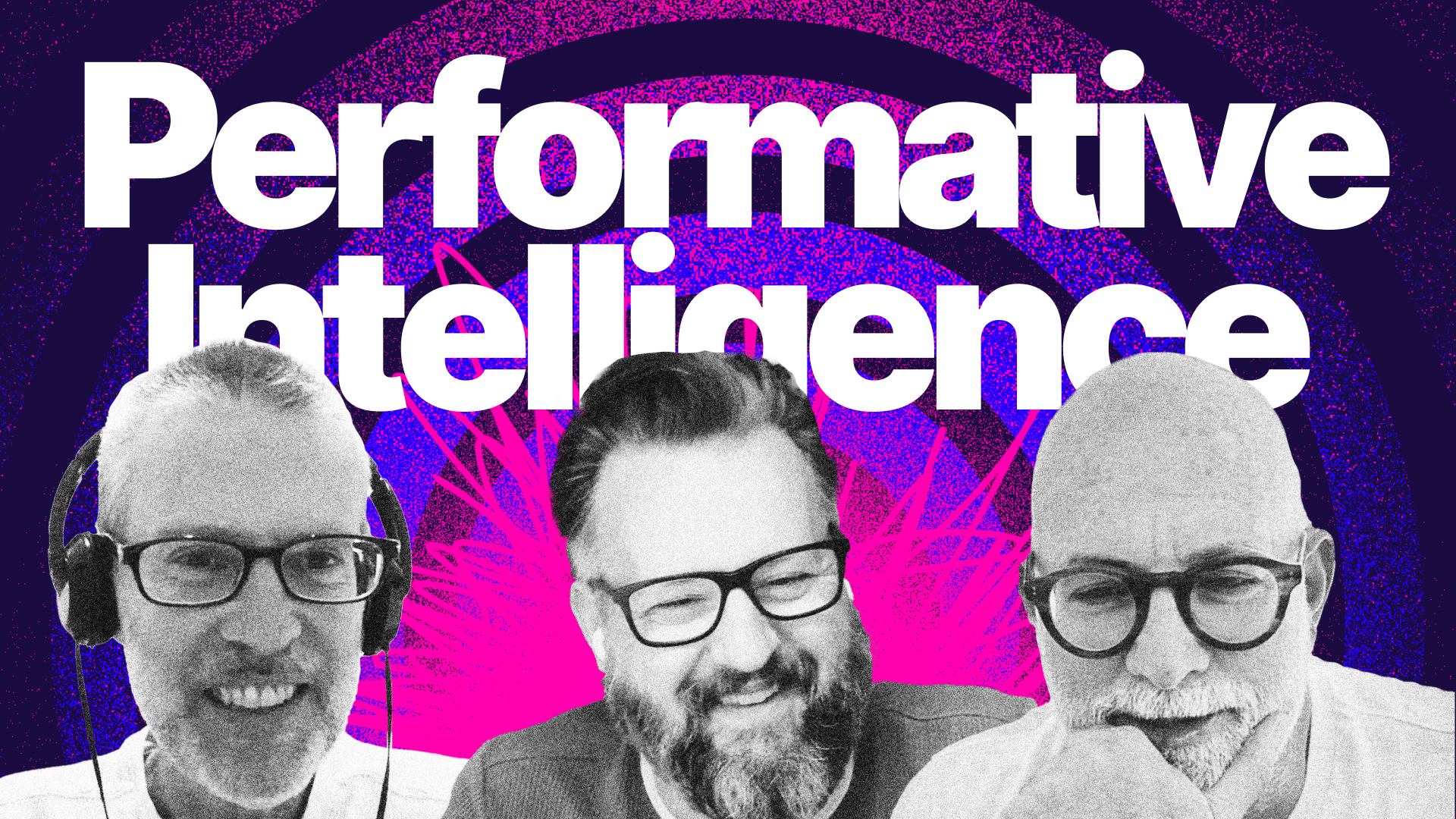Atlas Obscura's next chapter
CEO Louise Story is betting on community, personalization and an app
This week, I had a conversation with Atlas Obscura CEO Louise Story about her plans at the quirky Web 2.0 travel publisher. Plus: On PvA, we discuss how AI is ushering in an era of performative intelligence where everyone has talking points but little actual understanding.
Actions beat opens
The micro-scandal over Newsette is a great summer story. It also highlights an important reality: Email metrics are a mess. Subscriber numbers are mostly worthless. There are so many ways to inflate them. You can buy email subscribers for less than $1. Recommendations systems traffic in low-intent subscribers. And let’s not forget the numbers are always self-reported. There’s no ComScore for newsletters. Open rates are wildly inaccurate thanks to auto-opening policies in the name of privacy. Click rates are mostly pointless because bots are reliable clickers.
Many of these ad-focused newsletter models are flimsy or some form of arbitrage. I focus on getting people to take actions, whether that’s register for an online forum, participate in a roundtable discussion, download a research report, attend a dinner or salon. The niche publications that are strongest turn the audience into participants.
The cornerstone of The Rebooting’s partnerships programs are actions. So far this year, we’ve had 4,200 audience members take actions in client programs. See the ways we do this with our partners and get in touch to discuss working together.
Atlas Obscura’s next chapter
Atlas Obscura is a survivor from a different era. It was born in 2009 as a crowdsourced map of unusual and overlooked places. It was rooted in the community ethos of the Web 2.0 era of Yelp, Airbnb, Etsy and original Twitter. It had the quirky goal of mapping “hidden wonders.”
Over the years, Atlas Obscura has ridden the typical ups and downs of digital media, expanding into books, podcasts, and a food vertical with Gastro Obscura. The company raised a $20 million round in 2019, led by Airbnb, earmarked to power an expansion into organizing travel experiences.
The company pulled back on many initiatives. The foray into food didn’t catch on, and the experiences business never recovered from Covid and was scrapped entirely last fall. Louise Story, the Wall Street Journal and New York Times veteran named CEO in the spring, noted experiences “are not the easiest things to do at scale profitably.”
It’s hard to know whether this approach was a bad strategy or just a victim of bad timing. It’s not the best luck to launch a travel experiences expansion right before a global pandemic. Still, the evidence keeps piling up that the entire thesis of content-to-commerce is flawed. The go-to examples of Hodinkee and Food52 have turned into cautionary tales.
(Food52 might just not be a very well run business, considering this bonkers story of a staffer brazenly stealing money to fund her influencer lifestyle I’ve now been texted several times. It doesn’t take much to go over expense reports.)
Instead, Louis is focusing the company’s next chapter on parlaying its community ethos into a robust travel app. Rather than organize trips, Atlas Obscura will serve as a facilitator. Brand partnerships are the main driver of the business, frequently working with regional and national tourism bureaus to highlight destinations to an audience that averages nine trips a year, according to Story.
“We’re going to do a lot more in that space, the nexus of content and community, and how we can change our digital products to give people more to do,” Louise told me on The Rebooting Show.
Like every publisher, Atlas Obscura is experiencing declines in search traffic. It has 2.5 million people registered on its site and a robust email list of 1.7 million. Louise’s background is rooted in product, so the focus on the app is to be expected. The idea is that the Atlas Obscura lens can be applied to personalized travel recommendations. In this frame, the content is data to be mined to create recommendations.
Check out the full episode on various podcast platforms.

On People vs Algorithms, we discussed the parallel world of alternative media, which is developing its own tech stack, advertiser base, growth hacks and even realities. Alex explains why “moral disgust” is rising as AI moves up the content stack. It’s one thing when the robots are doing the content marketing emails, it’s another when they take on art. People feel uneasy about it as a natural reflex. Troy zeros in on podcast app Snipd, which allows people to clip and share highlights from podcasts, as a sign of how media is becoming participatory and efficient, even if AI is leading to far shallower intelligence that lacks deep understanding.
Check out PvA on YouTube and the various other podcast platforms.
Thanks for reading. Send me feedback by hitting reply.



